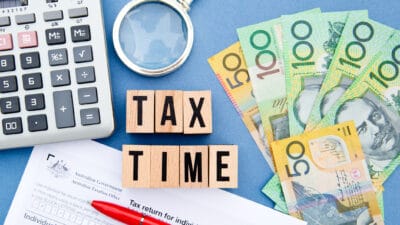Investing in exchange-traded funds (ETFs) is a great strategy to help you retire early.
I'm sure many readers have heard of the FIRE concept where people are aiming to become financially independent and retire early.
It's fine if you don't want to retire early and it's okay if you don't have the financial flexibility to invest sizeable amounts of money into shares or not. But I do think it's interesting how people in the FIRE community are approaching the goal.
Investing in ETFs makes a lot of sense. It doesn't take much research at all, except for the initial choice of which ETF(s) to invest in. So it's an awesome time saver and you get the average market return which a lot of investors don't match over the long-term, particularly after fees and costs.
So which ETFs are good picks for retiring early? Well, I think the best ones are very diversified with low management fee costs that you can hold for a very long time.
A mix of an ASX ETF like Vanguard Australian Share ETF (ASX: VAS) or BetaShares Australia 200 ETF (ASX: A200) combined with international ETFs like iShares S&P 500 ETF (ASX: IVV), Vanguard MSCI Index International Shares ETF (ASX: VGS) or Vanguard US Total Market Shares Index ETF (ASX: VTS) would provide good local & global share coverage.
An investor could choose to invest say once in a month and alternate between the ASX ETF pick and the international ETF each time to keep things simple.
Then you just keep investing every month without fail and ignore market movements. The FIRE investment journey takes a long time depending on how much you can invest. The share market has returned an average of 10% a year over the long-term, so it would ('only') take 24 years to get to $1 million if shares keep generating returns at the same rate.
What about retirement?
One of the most used strategies for FIRE retirement is to withdraw 4% of the ETF balance each year. So if you had $1 million you'd withdraw $40,000. There's potential sequencing risk with this strategy where a recession hits soon after retirement could mean eating too much into the balance.
A way to make an ETF balance last longer would be to only increase the expenditure by inflation each year rather than the portfolio's growth.
In retirement I think I'd prefer to rely on dividend shares because they can be more consistent in their payments to shareholders.








